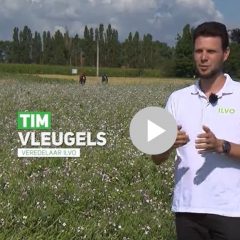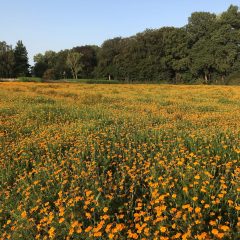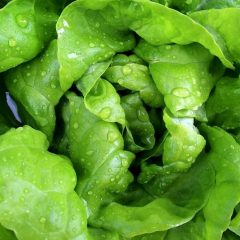Research project Understanding and managing nematodes as soil foodweb gatekeepers
Understanding and managing nematodes as soil foodweb gatekeepers: from individual trophic groups to complex communities

General introduction
The NEMWEB project works on unraveling the interaction between plant roots and soil organisms such as bacteria and fungi. Partly due to methodological limitations, the field of knowledge is still in its early stages. In particular, this research project maps the interactions between nematodes and plant roots. Indeed, recent research under realistic conditions shows that nematodes contribute to nitrogen mineralization and nitrous oxide emission. Overall, attention to soil biology is increasing within the environmental sciences. Although soil biodiversity is increasingly well understood, its direct relationship to soil functions is still unclear.
Research approach
The researchers set up multitrophic experiments to investigate the effect of different nematode groups, separately and in combinations, in two areas: 1. the effect on rhizode deposition (the process by which plant roots secrete substances into the soil) and 2. the effect on carbon throughput into the soil community. 13C isotope labeling is used to track the diffusion of root-derived carbon over time. The influence of microfaunal activity on root development is also analyzed. Finally, the researchers are looking at how composite nematode populations affect the nitrogen cycle and plant growth under field conditions.
Relevance/Valorization
NEMWEB is expected to provide interesting data and insights to evaluate existing soil food web models and develop new, more sustainable management concepts.
Financing
FONDS VOOR WETENSCHAPPELIJK ONDERZOEK-VLAANDEREN – FWO







